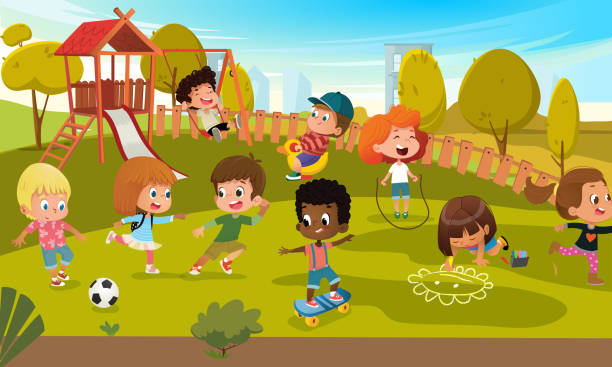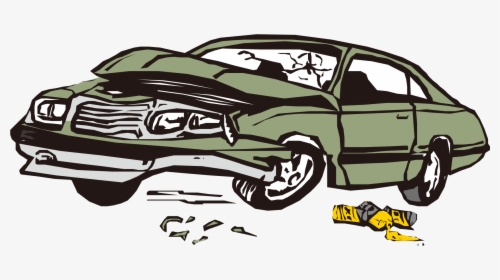Đừng bỏ lỡ những tính năng hấp dẫn của Baitap365.com
Unit 1: Family life
1. Below are reasons why children should or shouldn’t do housework. Put them in the correct column. Add some more if you can. 2. Work in pairs. Complete the conversation between Anna, Nam, and Minh using some ideas from 1. Then listen to the conversation and check your answer. 3. Work in groups. Have similar conversations exchanging opinions about whether children should or shouldn’t do housework. You can use the ideas from 1 and the reading text.
Bài 1
Why should / shouldn’t children do housework?
1. Below are reasons why children should or shouldn’t do housework. Put them in the correct column. Add some more if you can.
(Dưới đây là những lý do tại sao trẻ em nên hoặc không nên làm việc nhà. Đặt các lí do vào đúng cột. Thêm một số lí do nếu bạn có thể.)
1. Doing housework helps them develop life skills.
(Làm việc nhà giúp các em phát triển kỹ năng sống.)
2. Doing housework teaches them to take responsibilities.
(Làm việc nhà dạy các em biết chịu trách nhiệm.)
3. Kids should be given plenty of playtime when they are young.
(Trẻ em nên được dành nhiều thời gian để chơi khi các em còn nhỏ.)
4. They may break or damage things when doing housework.
(Các em có thể làm vỡ hoặc làm hỏng đồ vật khi làm việc nhà.)
5. Doing housework helps strengthen family bond.
(Làm việc nhà giúp tăng cường tình cảm gia đình.)
6. They need more time to study and do homework.
(Các em cần nhiều thời gian hơn để học và làm bài tập về nhà.)
|
Should |
Shouldn’t |
|
Doing housework helps them develop life skills. |
|
|
|
|
|
|
|
|
|
|
Bài 2
2. Work in pairs. Complete the conversation between Anna, Nam, and Minh using some ideas from 1. Then listen to the conversation and check your answer.
(Làm việc theo cặp. Hoàn thành đoạn hội thoại giữa Anna, Nam và Minh bằng một số ý từ bài 1. Sau đó, nghe đoạn hội thoại và kiểm tra câu trả lời của bạn.)
Anna: Nam, why do you think children should do housework?
Nam: Because (1) ___________.
Anna: It’s true. Life skills such as cooking, cleaning or taking care of others are really necessary for kids when they grow up.
Nam: Yes, we should all have these basic life skills to be adults.
Anna: Now Minh, why do you think children shouldn’t do housework?
Minh: I think kids are kids. (2) ___________.
Nam: I don’t agree with you. I’m afraid too much playtime isn’t good for children.
Anna: Well, thank you both for sharing your ideas. They are very useful for my project.
Bài 3
3. Work in groups. Have similar conversations exchanging opinions about whether children should or shouldn’t do housework. You can use the ideas from 1 and the reading text.
(Làm việc nhóm. Thực hiện những cuộc trò chuyện tương tự để trao đổi ý kiến về việc trẻ nên hay không nên làm việc nhà. Bạn có thể sử dụng các ý tưởng từ bài 1 và bài đọc ở trên.)

Từ vựng
1.
(v): phát triển
The child is developing normally.
(Đửa trẻ này đang phát triển bình thường.)

2.
(n): thời gian chơi đùa
The children always go outside at playtime.
(Những đứa trẻ luôn ra ngoài chơi vào giờ nghỉ giải lao.)

3.
(v): phá hủy
Smoking seriously damages your health.
(Hút thuốc tàn phá trầm trọng sức khỏe của bạn.)

4.
(v): tăng cường
The measures should help create jobs and strengthen the economy.
(Những giải pháp nên giúp tạo ra việc làm và tăng cường nền kinh tế.)
5.
(adj): cơ bản
I'm going to ask you a few basic questions.
(Tôi định hỏi bạn một vài câu hỏi cơ bản.)
6.
Mẹo tìm đáp án nhanh
Search Google: "từ khóa + baitap365" Ví dụ: "Bài 5 trang 13 SGK Vật lí 12 baitap365